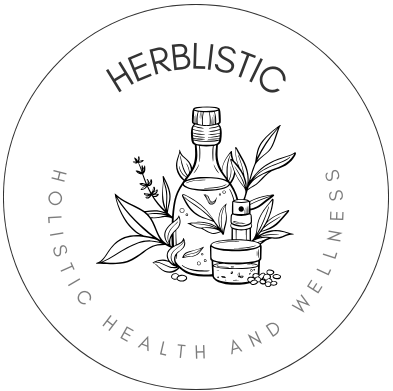In the quest for holistic wellness, many individuals are turning to aromatherapy as a complementary practice to enhance their physical, mental, and emotional health. By harnessing the therapeutic properties of essential oils, aromatherapy can promote relaxation, alleviate stress, and support overall well-being. In this blog post, we’ll explore the benefits of aromatherapy, how it works, and practical ways to incorporate it into your daily routine.
What is Aromatherapy?
Aromatherapy is the use of essential oils—concentrated extracts from plants—for therapeutic purposes. These oils are extracted from various parts of plants, including flowers, leaves, bark, and roots, and each oil has unique properties that can affect the mind and body. Aromatherapy can be used in various ways, including inhalation, topical application, and diffusion.
Benefits of Aromatherapy
1. Reduces Stress and Anxiety
One of the most celebrated benefits of aromatherapy is its ability to reduce stress and anxiety. Scents like lavender, chamomile, and bergamot have calming effects that can help soothe the nervous system. Studies have shown that inhaling these aromas can lower cortisol levels and promote relaxation.
2. Enhances Mood and Emotional Well-Being
Essential oils can significantly influence our emotions. Citrus oils like lemon and orange are known to uplift the spirit and improve mood, while grounding oils like cedarwood and frankincense can promote feelings of stability and calm. By using these oils, individuals can create an emotional environment that supports their mental well-being.
3. Promotes Better Sleep
Struggling with sleep? Aromatherapy can be a natural solution. Oils such as lavender and chamomile have sedative properties that help ease the mind and prepare the body for restful sleep. Incorporating these scents into your nighttime routine can lead to improved sleep quality and duration.
4. Supports Immune Function
Many essential oils possess antibacterial, antiviral, and antifungal properties that can help support the immune system. Oils like eucalyptus, tea tree, and oregano can be diffused or applied topically (when diluted) to promote a healthy immune response.
5. Boosts Cognitive Function
Certain essential oils can enhance focus, concentration, and mental clarity. Peppermint and rosemary, for example, are known to stimulate the mind and improve cognitive performance, making them excellent choices for studying or working on complex tasks.
6. Enhances Physical Well-Being
Aromatherapy can also be beneficial for physical ailments. Oils like ginger and peppermint can help alleviate nausea, while eucalyptus and lavender may assist in relieving muscle tension and headaches when used in massage oils or bath blends.
How to Incorporate Aromatherapy into Your Daily Routine
1. Diffusion
Using an essential oil diffuser is one of the simplest ways to enjoy the benefits of aromatherapy. Add a few drops of your chosen essential oil to the diffuser and let the scent fill your space. This method is excellent for creating a calming atmosphere at home or in the office.
2. Topical Application
Many essential oils can be applied directly to the skin, but it’s essential to dilute them with a carrier oil (like coconut or jojoba oil) to avoid irritation. Create a relaxing massage oil, or apply oils to pulse points for an on-the-go mood booster.
3. Bath Soaks
Transform your bath into a spa-like experience by adding a few drops of essential oils to your bathwater. Oils like lavender and eucalyptus not only provide a soothing scent but also enhance relaxation and relieve tension.
4. Inhalation
For a quick aromatherapy fix, simply inhale your favorite essential oil directly from the bottle or place a few drops on a cotton ball. This method can be particularly useful for stress relief or to boost energy levels throughout the day.
5. DIY Products
Incorporate essential oils into your personal care products. Create your own body scrubs, lotions, or candles using essential oils that align with your wellness goals.
6. Aromatherapy Jewelry
Consider wearing aromatherapy jewelry, like necklaces or bracelets with absorbent materials. You can add a drop or two of essential oil, allowing you to enjoy the scent and benefits throughout the day.
Safety Considerations
While aromatherapy is generally safe, it’s essential to practice caution:
- Dilute Properly: Always dilute essential oils before applying them to the skin.
- Conduct Patch Tests: Test a small area of skin to check for sensitivity or allergic reactions.
- Consult Professionals: If you’re pregnant, nursing, or have health concerns, consult a healthcare professional before using essential oils.
Conclusion
Aromatherapy is a powerful tool in the realm of holistic wellness, offering a wide range of benefits for mind, body, and spirit. By integrating essential oils into your daily routine, you can create a nurturing environment that promotes relaxation, enhances mood, and supports overall health. Whether you’re looking to reduce stress, improve sleep, or boost your immune system, aromatherapy can be a delightful and effective addition to your wellness toolkit. Embrace the power of scents, and let the journey to holistic well-being begin!
